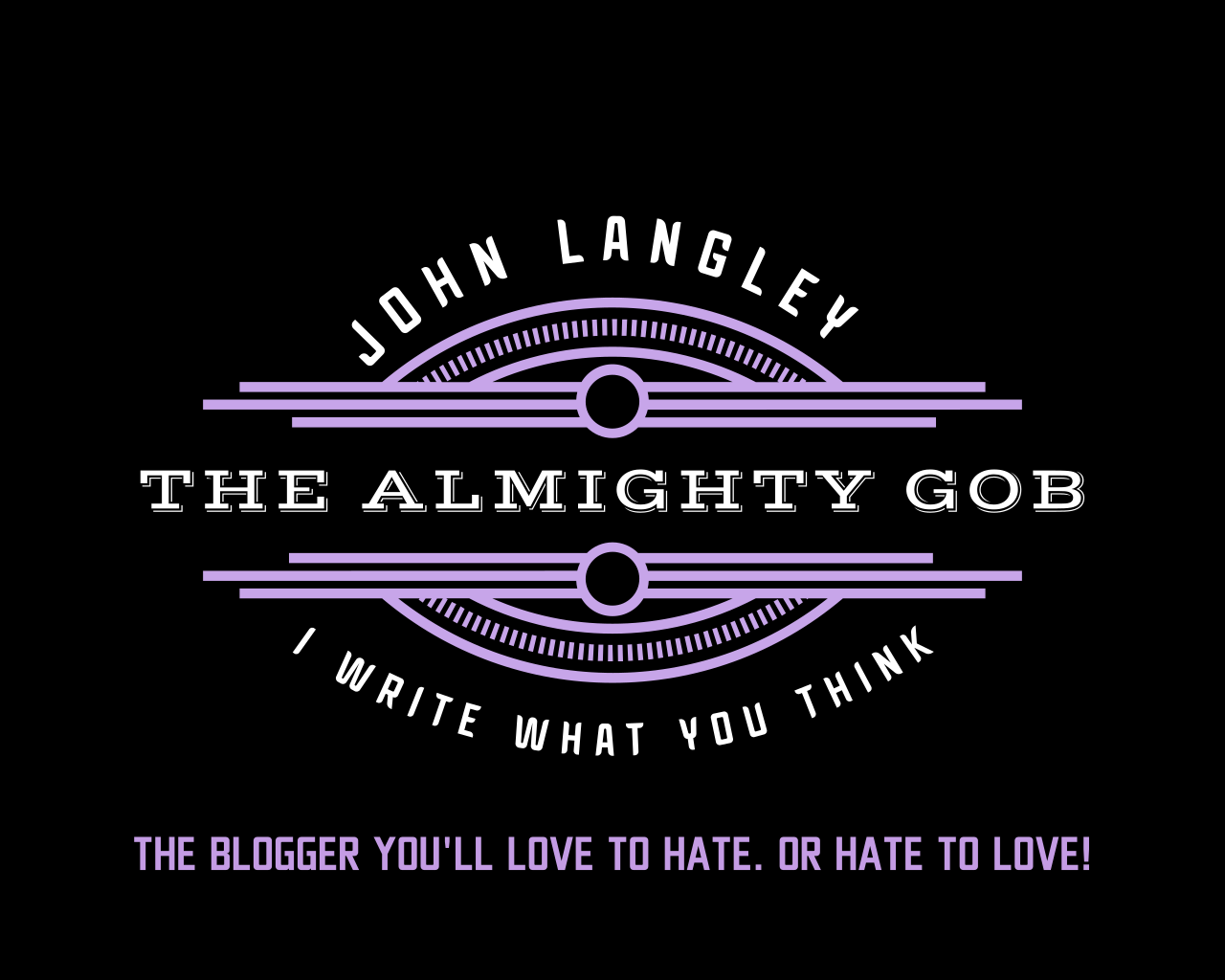Religious Conflict, and 'The Life of Allan'.
Well, it isn't every day I sign my own death warrant. So, today is something of an exception.
Yesterday's blog post about 'Jesus Christ Superstar' sparked an interesting conversation with a close friend. They asked why any discussion of Islam outside its specific religious doctrine is often perceived as disrespectful. This question really made me think. Beyond the well-known example of the Charlie Hebdo incident, I found myself wondering why some religious extremists hold such rigid beliefs that they are unable to consider any perspective beyond their own.
I hope we can all agree, that most sensible people would argue we live in a world where religious themes can inspire everything from the theatrical spectacle of "Jesus Christ Superstar" to the comedic satire of "The Life of Brian" and "The Book of Mormon." Freedom of speech allows for such diverse expressions, and generally, these works contribute to a lively cultural dialogue. But then, we encounter the stark contrast. Why is it that certain interpretations of faith, whether within some expressions of Islam or extreme Christian groups like the Woodlands Baptist Church, can ignite such fervent zeal that it leads to violence? How do these beliefs, often fundamentally rooted in peace, become twisted into justifications for psychological and physical violence, and the conflict of war? Is the very essence of faith about questioning, or blind adherence?
So, with some trepidation, I might add, my thoughts began to meander, as they so often do nowadays, and yes, yes, another stroke of genius from yours truly: 'The Life of Allan,' a toe-tapping, hip-shaking, entirely secular (wink, wink) musical about, uh, a guy named Allan. Because, let's face it, 'Allah: The Broadway Spectacular' was clearly a recipe for, shall we say, spirited online discourse?
Anyway, here goes.
Title: "Allan! The Rock Opera: A Desert Diva's Destiny"
Setting: A glitzy, over-the-top Las Vegas-style oasis, complete with neon minarets and dancing date palms.
The Premise: Allan, a modern-day character born in Bradford, is a charismatic, sequin-clad diva with a booming voice and a penchant for dramatic pronouncements. He's not just a deity; he's a social media influencer, a reality TV star, and a headlining act at the "Miracle Mirage" casino.
Characters:
Allan: A glamorous, high-maintenance deity, constantly checking his follower count and demanding the best backstage catering (dates, of course). His signature song is a power ballad called "My Will, My Way, My Likes!"
Jibril (Gabriel): Allan's exasperated manager, constantly trying to keep him on schedule and manage his increasingly outlandish demands. He's always on his phone, fielding calls from disgruntled prophets and PR agencies.
Iblis (Satan): A smooth-talking, snake-oil salesman type, trying to convince Allan to sign a lucrative deal with "Inferno Records." He sings a catchy tune about "selling your soul for a million views."
The Prophets (Ensemble): A motley crew of historical prophets, now portrayed as bickering contestants on a divine reality show, "Prophet Idol." They compete for Allan's attention and endorsement, with songs like "My Revelation Is Better Than Yours!"
The Hajj Pilgrims (Chorus): A synchronised dance troupe, performing elaborate routines with prayer rugs and selfie sticks. Their big number is a techno-infused remix of traditional chants.
The Critics: A group of cynical bloggers and religious scholars, constantly live-tweeting their disapproval of Allan's extravagant lifestyle and unorthodox pronouncements.
Satirical Elements:
Social Media Obsession: Allan's divine pronouncements are delivered via Instagram live streams and TikTok dance challenges. The prophets engage in viral feuds and meme wars.
Commercialisation of Religion: The Hajj is rebranded as a luxury vacation package, complete with VIP access to Allan's concerts. The "Miracle Mirage" casino features slot machines with divine symbols and a "Wheel of Fate" roulette.
Reality TV Parody: "Prophet Idol" becomes a vehicle for lampooning the shallowness and drama of reality television, with prophets forming alliances, backstabbing each other, and engaging in dramatic eliminations.
Musical Style: The music blends traditional Middle Eastern melodies with over-the-top pop, rock, and techno, creating a hilariously incongruous soundscape.
Theological Absurdity: The play intentionally mixes and matches elements from various religious traditions, creating a chaotic and nonsensical theological landscape.
Example Song Lyric:
(Allan, singing a power ballad)
"My followers are rising, my likes are through the roof! My brand is everlasting, undeniable proof! They say I'm controversial, they say I'm too extreme, But I'm just living my best life, the ultimate divine meme!"
Disclaimer: This satirical scenario is intended for comedic purposes and should not be taken as a serious representation of any religious beliefs. The goal is to explore the absurdity of reimagining a sacred figure in a hyper-commercialised, celebrity-obsessed context.
Furthermore. If you never hear from me again, the fatwah came to fruition. It’s been nice knowing you.



